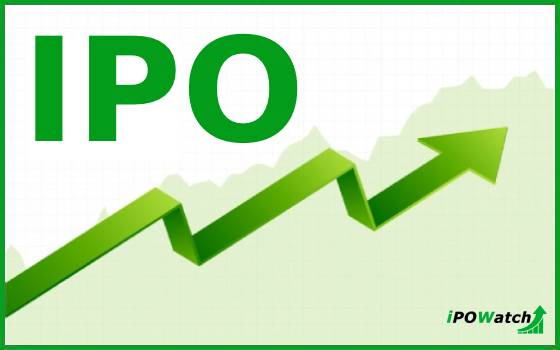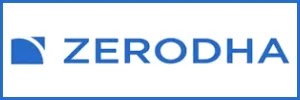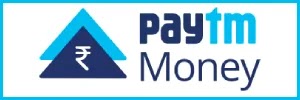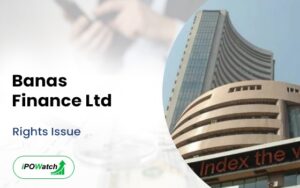The consolidation and alliance wave among stock exchanges, reaches India. By Rex Mathew
At last, the consolidation and alliance wave that is sweeping global stock exchanges has reached our shores as well. NYSE Group, which runs the New York Stock Exchange — the world’s largest, has bought a 5-per cent stake in the National Stock Exchange (NSE) for $115 million.
The deal values the biggest stock exchange operator (by volume) in India at $2.45 billion, or Rs10,900 crore. Per share valuation works out to Rs2,423 and the deal has been concluded at a multiple of 57 times trailing earnings for 2005-06.
This is the first stake acquisition by the NYSE Group in an Asian stock exchange and the first case of overseas investment in an Indian stock exchange.
Major global stock exchanges have been merging and forming alliances in recent years. As companies spread their global operations, such merged entities and alliances can offer listing possibilities in multiple markets. Regulatory controls in select markets like the US have also furthered this consolidation wave.
After completing a round of domestic consolidation, US stock exchanges have stepped out and are acquiring exchanges in Europe besides forming alliances in Asia where outsight acquisitions may not be possible.
The NYSE Group is in the middle of a merger with European electronic exchange Euronext, after outbidding European rival Deutsche Boerse. NASDAQ has made a hostile offer to acquire a majority stake in the London Stock Exchange, where it already holds more than 25 per cent.
For the NYSE, the NSE stake acquisition is a major strategic move to establish a presence in large emerging markets, which have the potential for substantial volume growth in future. As the scope for volume growth in mature markets is limited, large stock exchanges would have to increasingly look at emerging markets in future. NYSE has reportedly agreed not to acquire stakes in any other Indian stock exchange.
Last year, there were rumours that the London Stock Exchange is in talks with Bombay Stock Exchange (BSE) for acquiring a strategic stake or a broad business alliance. Though both exchanges denied any such move at that time, the real reason, which prevented them from going ahead, was the lack of clarity in FDI regulations in stock exchanges.
The RBI has now formally notified FDI regulations in stock exchanges. As per the guidelines, foreign investors can hold only up to 49 per cent in a domestic stock exchange. No individual foreign investor can own more than 5 per cent in a stock exchange.
Other investors like Goldman Sachs, General Atlantic and Softbank Asian Infrastructure Fund have also bought 5 per cent each in NSE, but at a higher price of $125 million each – taking the total deal size to $490 million. The sellers are already existing institutional shareholders of the NSE and include ICICI Bank, PNB, GIC, IFCI and IL&FS. Other major domestic shareholders of NSE are SBI, LIC, IDBI, Bank of Baroda, OBC and IDFC.
For the overseas financial investors, the stake acquisition in NSE gives an exposure to one of the fast expanding stock markets in the world. Despite the stellar rise in indices over the last four years, equity penetration is still very low among domestic investors. Even a modest shift in investments from traditional avenues like bank deposits and precious metals into equities could substantially improve fund flows into stock markets and lift volumes further.
The NSE was formed in 1992 by a group of domestic banks and financial institutions. The exchange started operations in 1994, first with wholesale debt and then equities. Conceived as a fully electronic trading platform, it offered much needed transparency and efficiency to investors. Within a year, the NSE overtook the BSE as the largest stock exchange in the country in terms of traded volume.
NSE’s benchmark index, the S&P CNX Nifty, was launched in 1996. The exchange launched internet trading in 2000, which has attracted a large number of retail investors into the market and has considerably improved price efficiency. The year 2000 also saw the launch of index futures, which was followed by trading in index and stock options in 2001.
For the financial year ended 31 March 2006, NSE had reported a net profit of Rs191.42 crore, or Rs42.54 per share, an increase of 23.49 per cent over Rs155.01 crore, or Rs34.45 per share, reported for the previous year. Total revenues for 2005-06 increased 44.23 per cent to Rs472.51 crore from Rs327.6 crore.
NSE is now one of the top-10 stock exchanges in the world in terms of number of daily transactions or trading volume, even though the Indian market is only the fifth largest in Asian in terms of total market capitalisation.
Trading volumes have been going up steadily over the last many years as the Indian stock market has attracted considerable investment flows from overseas investors. India has become one of the most widely tracked emerging market with nearly 1,000 foreign institutional investors (FII) registered with market regulator SEBI.
The BSE, which lags behind the NSE in trading volume though the number of listed companies on the BSE is much higher than NSE, is also planning to offload shares to investors in the near future. The BSE was turned into a company last year after existing as an association of persons for more than a century.
Besides LSE, Deutsche Boerse, NASDAQ and Singapore Stock Exchange are rumoured to be interested in acquiring a strategic stake in BSE. The BSE may also come out with an IPO later, but the NSE has no plans for an IPO as the exchange is confident that it can meet its capital requirements from other sources.
Other reports on World Markets
Source : domain-b.com









